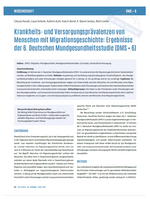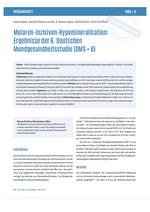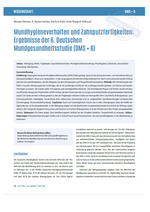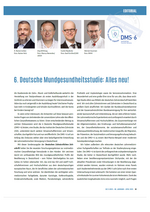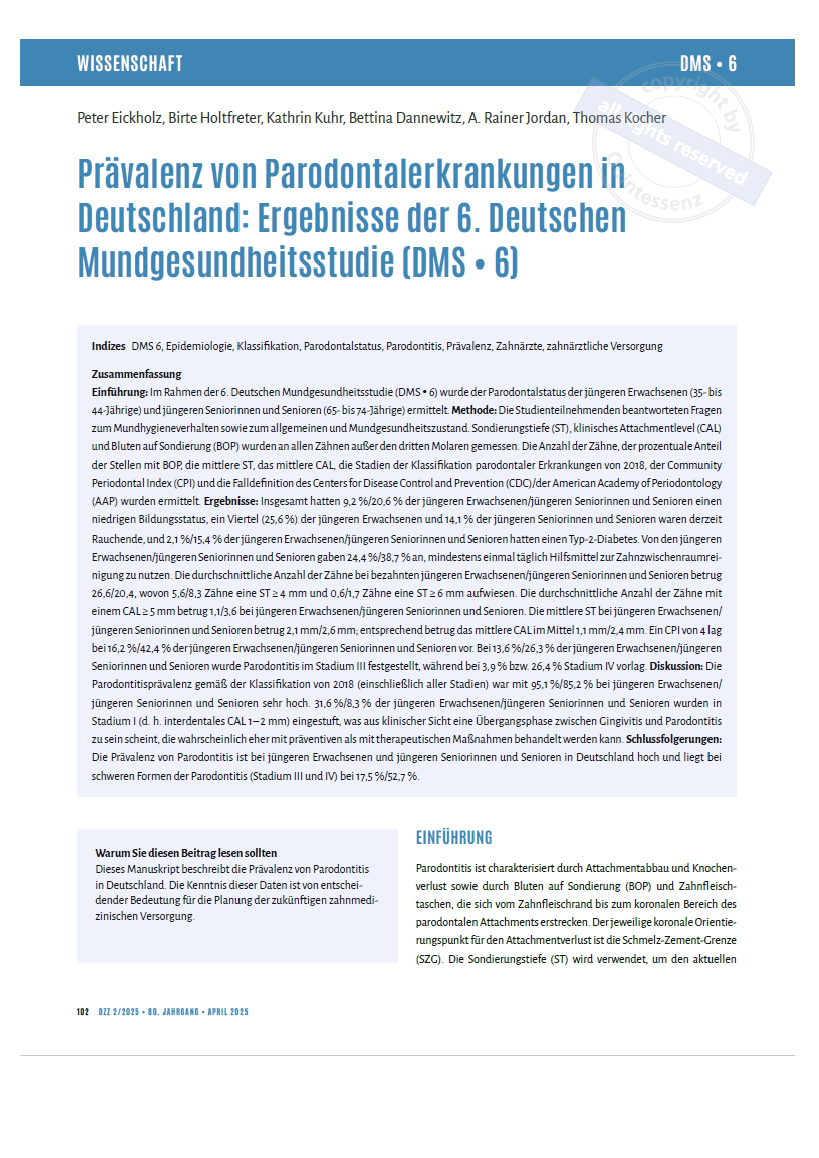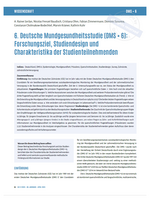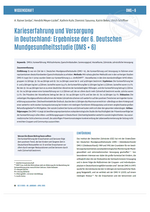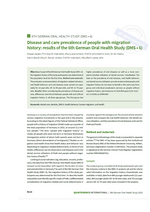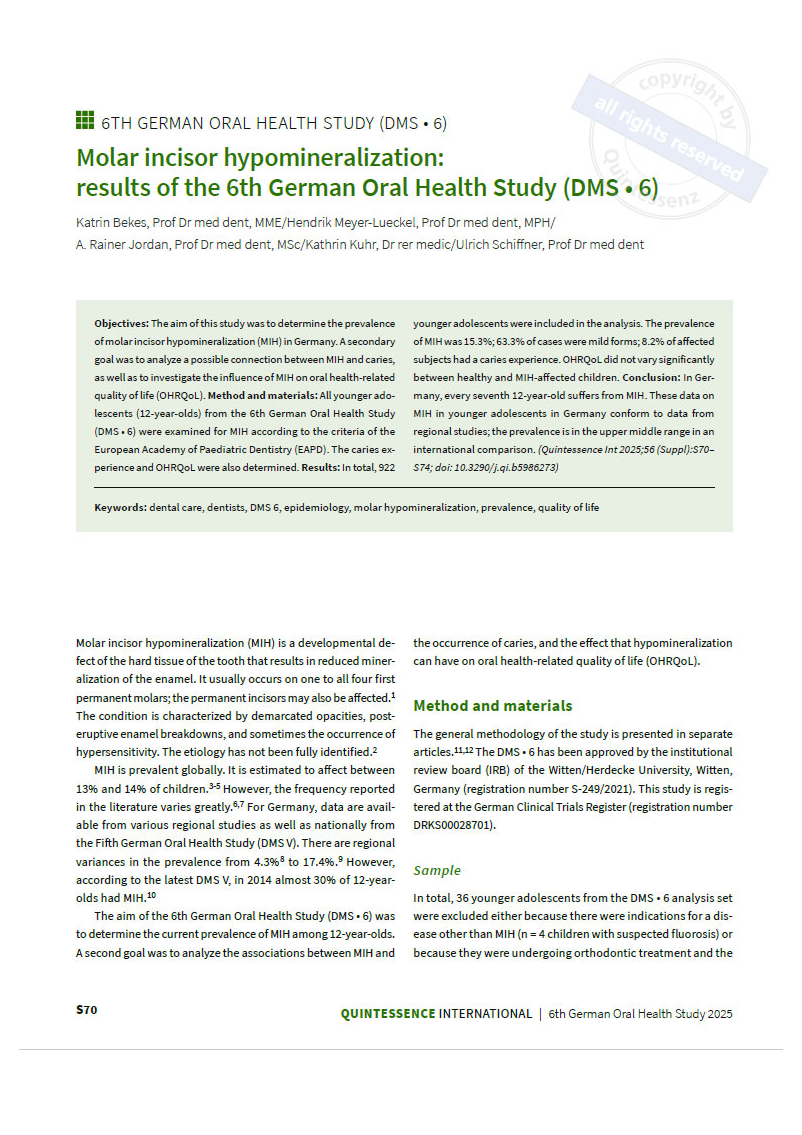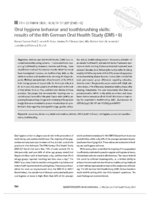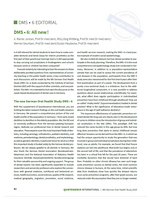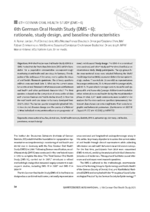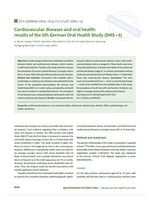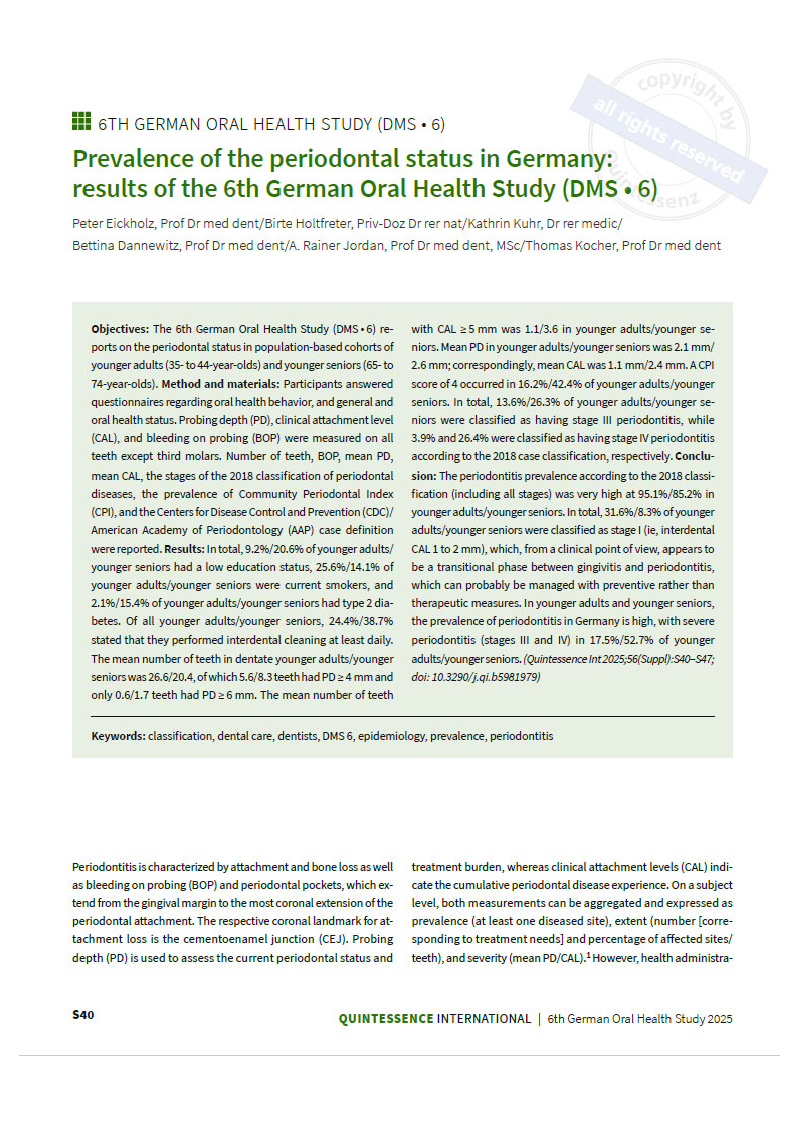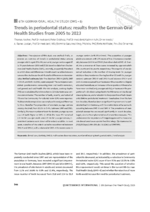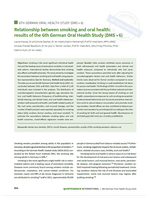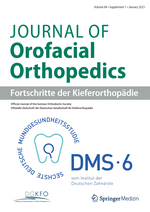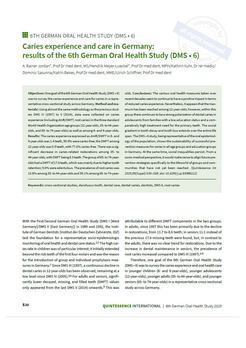
Deutsche Mundgesundheitsstudien
Autoren
Jordan, A. Rainer
Meyer-Lueckel, Hendrik
Kuhr, Kathrin
Sasunna, Dominic
Bekes, Katrin
Schiffner, Ulrich
Schlagwörter
Cross-sectional studies
Deciduous tooth
Dental care
Dental caries
Dentists
DMS 6
Root caries
Publikation — Zeitschriftenbeiträge
Titel
Caries experience and care in Germany: results of the 6th German Oral Health Study (DMS • 6)
Titel kurz
Quintessence Int
Titel Ausgeschrieben
Quintessence International
ISSN
1936-7163
Jahr
2025
Ausgabe
56 (Suppl.)
Seitenzahl
S30-S39
Erscheinungsdatum
17.03.2025
Caries experience and care in Germany: results of the 6th German Oral Health Study (DMS • 6)
Objectives: One goal of the 6th German Oral Health Study (DMS • 6) was to survey the caries experience and care for caries in a representative cross-sectional study across Germany.
Method and materials: Using almost the same methodology as the previous studies DMS III (1997) to V (2014), data were collected on caries experience (including dmft/DMFT, root caries) in the three standard World Health Organization age groups (12-year-olds, 35- to 44-year-olds, and 65- to 74-year-olds) as well as among 8- and 9-year-olds.
Results: The caries experience expressed as dmft/DMFT in 8- and 9-year-olds was 1.4 teeth, 59.9% were caries-free; the DMFT among 12-year-olds was 0.5 teeth, with 77.6% caries-free. There was a significant decrease in caries-related restorations among 35- to 44-year-olds, with DMFT being 8.3 teeth. The group of 65- to 74-year-olds had a DMFT of 17.6 teeth, which was mainly due to higher tooth retention; 5.0% were edentulous. The prevalence of root caries was 13.8% among 35- to 44-year-olds and 59.1% among 65- to 74-year-olds.
Conclusions: The various oral health measures taken over recent decades seem to continue to have a positive impact in terms of reduced caries experience. Nevertheless, it appears that the maximum has been reached among 12-year-olds; however, within this group there continues to be a strong polarization of dental caries in adolescents from families with a low education status and a comparatively high treatment need for the primary teeth. The social gradient in tooth decay and tooth loss extends over the entire life span. The DMS • 6 study, being representative of the oral epidemiology of the population, shows the sustainability of successful prevention measures for caries in all age groups and education groups in Germany. At the same time, social inequalities persist. From a socio-medical perspective, it would make sense to align future prevention strategies specifically to the lifeworld of groups and communities that have not yet been reached.

